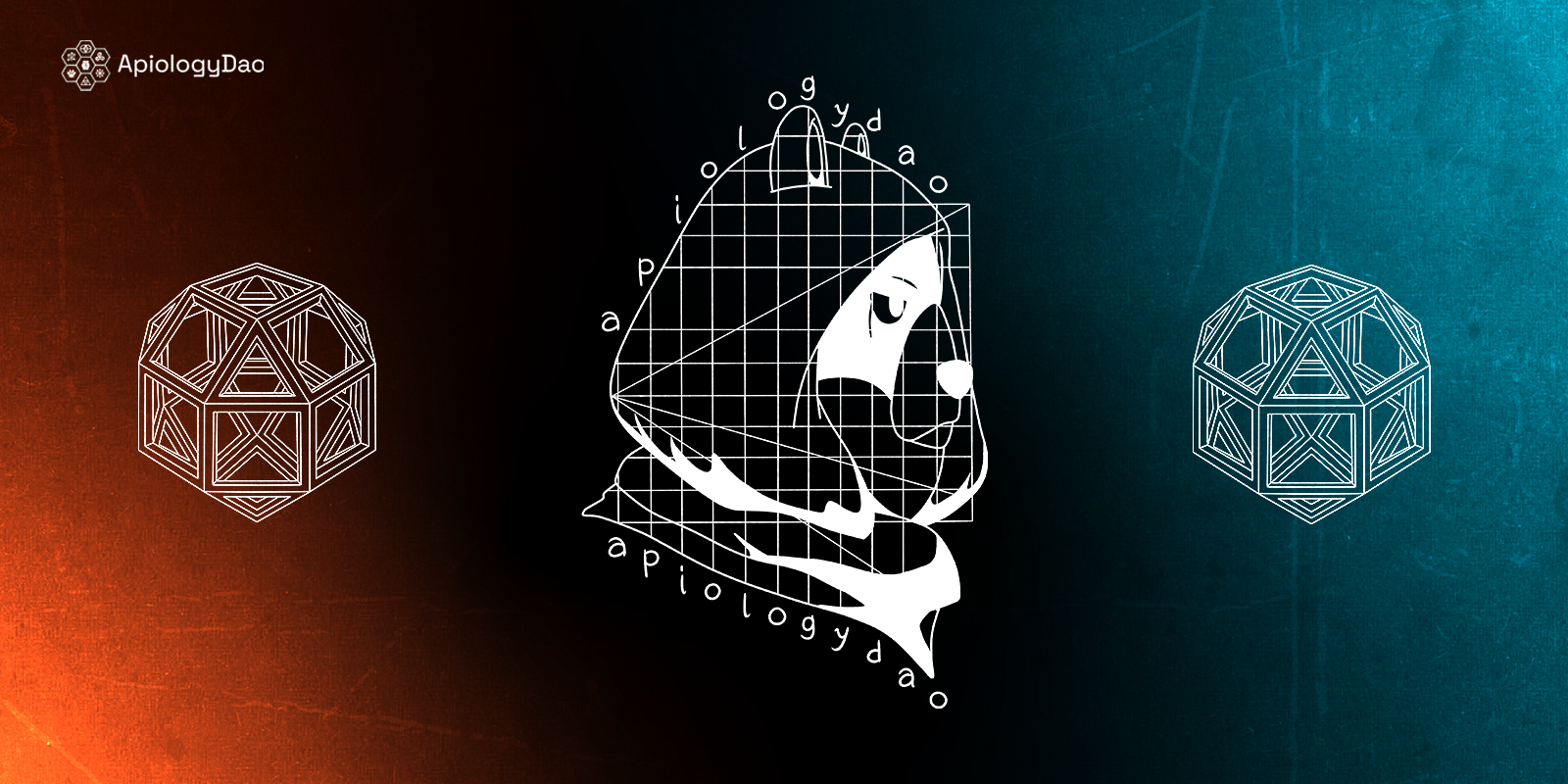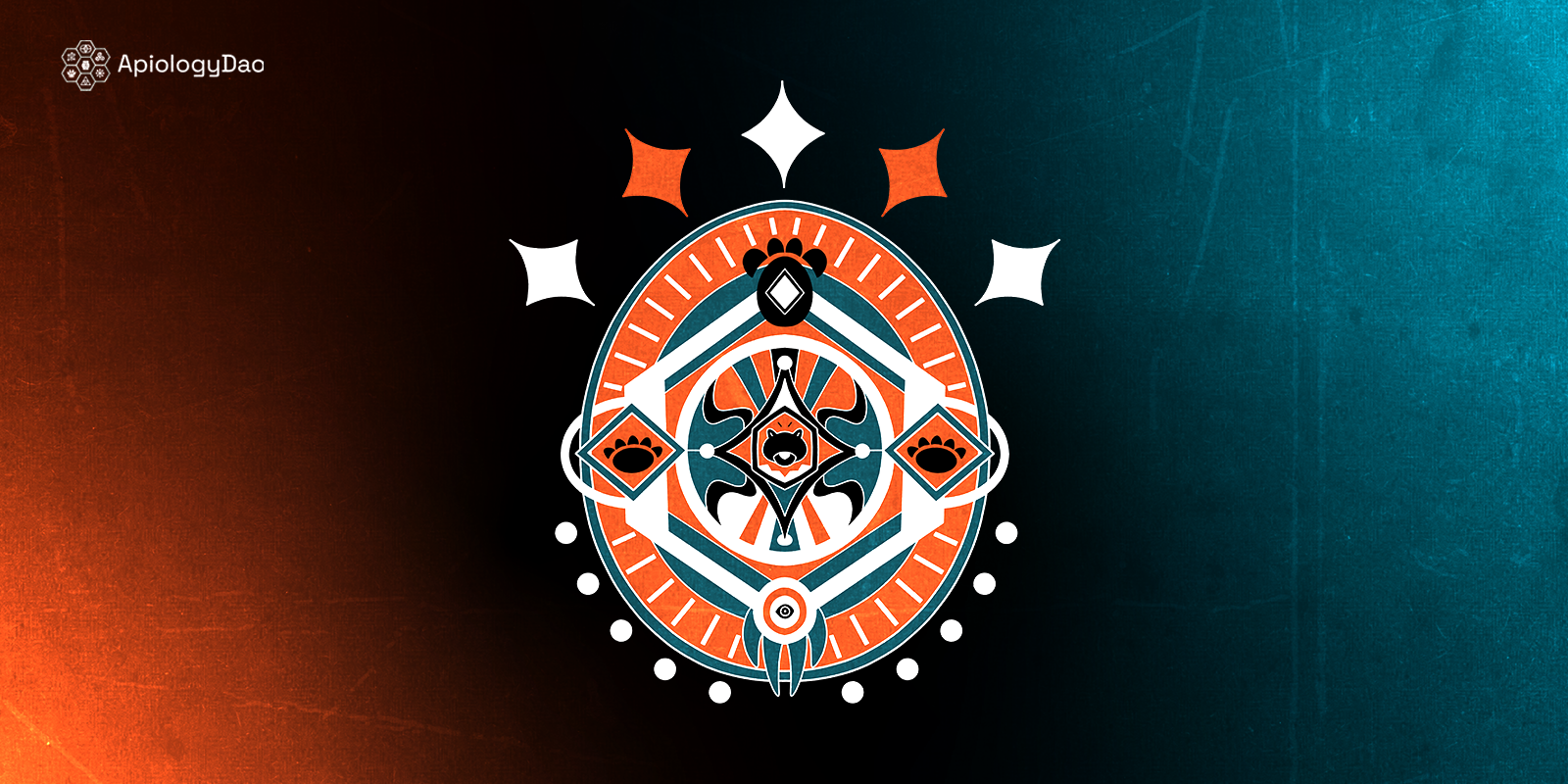DAO Structure and Governance
DAO Structure
apDAO is structured in 3 tiers:
- Beekeepers
- Core Contributors
- General Members
Beekeepers
The Beekeepers are the operational heart of apDAO. This role will be fulfilled initially by The Honey Jar, which currently remains in charge of maintaining apDAO contracts, administering governance, coordinated outreach, securing new partnerships, and more. THJ also controls apDAO's website domain and social accounts such as X (Twitter) and Discord. The DAO can vote at any time to replace THJ and appoint a new Beekeeper.
Core Contributors
The Core Contributors are a group of elite individuals appointed by community vote. They work closely with the Beekeepers and operate as the bridge between the community and the Beekeepers. They're in charge of community discord moderation, establishing community guidelines, and collecting suggestions or feedback from the community to share with the Beekeepers. Core Contributors are the signers of the DAO treasury multisignature. Core Contributors may also receive the opportunity to join the Beekeepers based on their recognized, valuable contributions.
General Members
All DAO members are also general members. As a general member there are no specific requirements provided you follow the community guidelines as established by Core Contributors. General members may become Core Contributors if they make valuable contributions which are recognized by the community.

Governance
apDAO's members are the ultimate decision-makers. Certain governance decisions have the power to permanently compromise the DAO if not approached carefully. Therefore, apDAO has implemented different governance proposal "tracks" with thresholds for various types of proposals. (This mechanism is inspired by a simplified version of Polkadot's OpenGov Origins.)
-
Corporate Changes: Such as foundation governance, foundation budget, fire/appoint Beekeepers, and more
-
DAO Changes: Such as auction cadence, loan premium, auction premium / minimum bid, and more
- Treasury Investments:

Membership
apDAO seats are represented by soulbound NFTs. This means that seats are non-transferable by their owners or any contracts aside from the following exceptions:
Liquid backing treasury contract to allow for lending or defaulting (getting the value of your honey backing in exchange for your seat on a timed loan). Auction House contract which allows you to enter or exit the auction queue and sell your membership token.
Exiting
There are 2 ways to exit apDAO, which include the auction queue or by defaulting on a loan from the LBT (liquid backing treasury):
-
Loan Defaults: Users who want a quick exit can decide to take out a loan from the LBT. The amount of honey they receive from the loan is the current backing-per-membership amount minus a loan fee that is decided by DAO governance. For example, let's say the current backing is 100 honey tokens per membership with a loan fee of 10%. The user could take out a loan on their membership token and receive 90 honey for it. Failure to repay the loan by its deadline will trigger liquidation of the seat. The treasury will then burn the NFT and the user will lose membership access.
-
Auction Queue: Users who don't mind waiting to get a higher sale price on their membership seat can decide to use the auction queue. A user adds their token to the auction house auction queue, and while in the queue the member can no longer access apDAO or vote on governance. The auction house will randomly choose 1 token to auction from the auction queue every day. This token will be auctioned off at a minimum price of the current backing from the LBT plus a small premium. If it sells, the initial owner receives the proceeds from the sale and the LBT receives a small premium added. If no bids are placed on the selected token from the queue, the auction house will redeem the backing, sending the amount–minus a fall fee retained within the backing–to the original token holder. The NFT will then be burned, thereby decreasing available supply and adding value to all remaining token holders.
